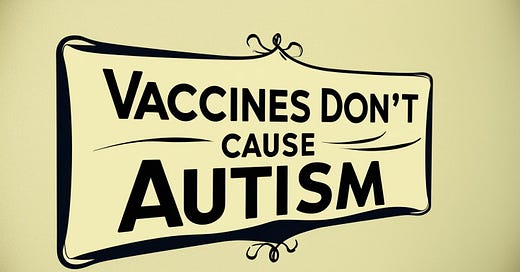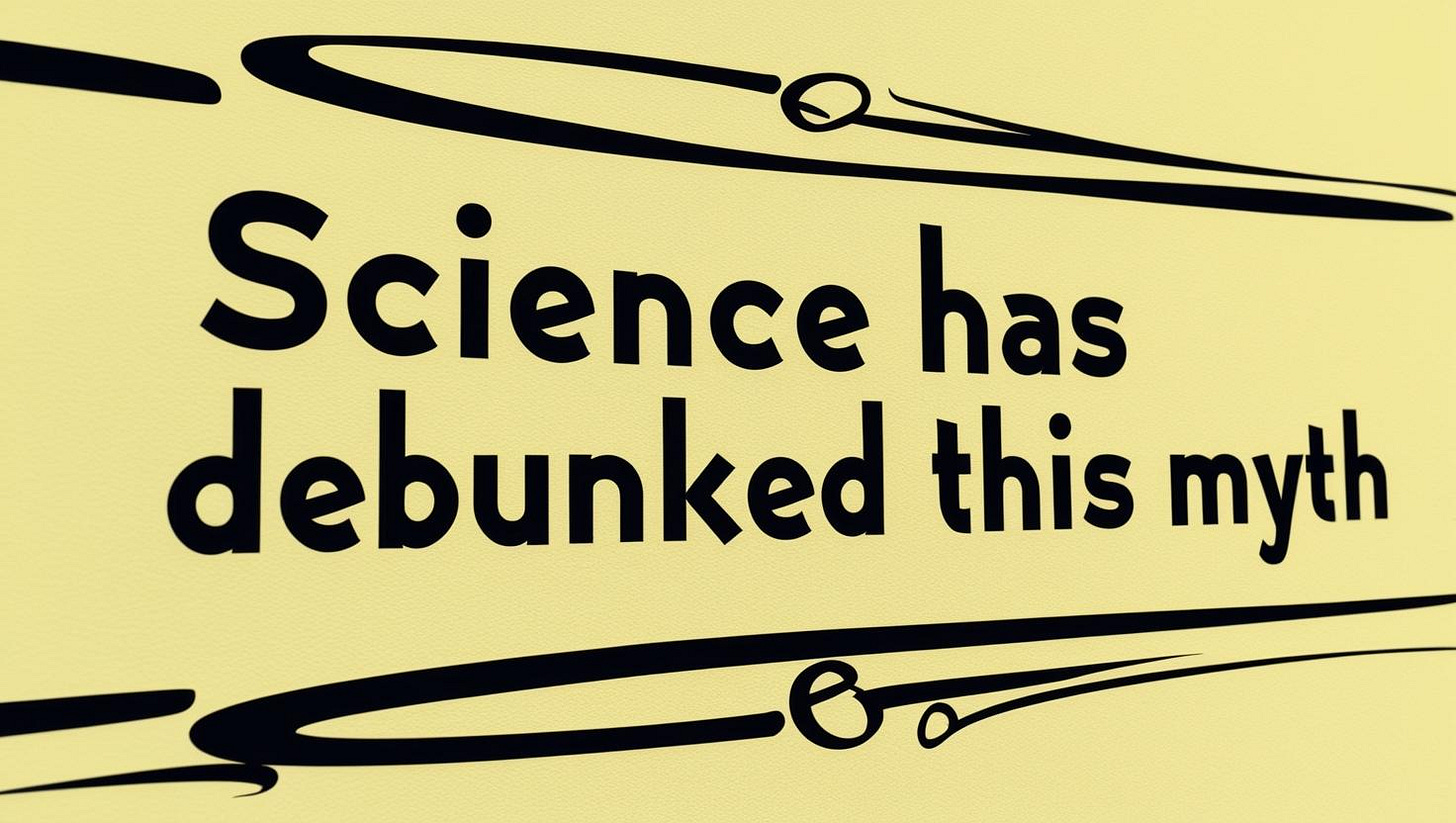According to The Washington Post, the U.S. Department of Health and Human Services (HHS) recently selected David Geier to assist with a federal study related to vaccines and autism.
This is deeply troubling.
Geier is not a licensed medical professional. He has been disciplined for practicing medicine without a license, and he’s known for spreading vaccine misinformation that the medical and scientific community has widely discredited.
One of his most well-known studies—co-authored with his father—falsely claimed a link between vaccines and autism. It was later retracted due to poor methodology, ethical violations, and conflicts of interest. What’s going on?
Let’s Be Clear: Vaccines Do Not Cause Autism
This claim has been thoroughly disproven by decades of scientific research. Large-scale, peer-reviewed studies have consistently found no link between vaccines and autism.
Major scientific institutions—including the CDC, WHO, and the National Academy of Medicine—all agree.
Autism is linked to differences in brain development, many of which are genetic and begin before birth.
So how did we get here?
It all started with a fraudulent 1998 study by Andrew Wakefield. He manipulated data and failed to disclose financial conflicts of interest. The study was fully retracted, and Wakefield lost his medical license. But the myth it sparked continues to circulate.
Why Do These Myths Still Spread?
We often assume that providing the correct facts will change someone’s mind. But that’s not how human psychology works.
In reality, our typical ways of communicating—explaining, correcting, lecturing—often backfire. They can trigger defensiveness, not reflection.
Several factors make false beliefs stick:
Confirmation Bias – We seek out information that confirms our beliefs and ignore what doesn’t.
Motivated Reasoning – When emotions run high (especially fear), we’re drawn to simple, emotionally satisfying explanations—even if they’re false.
Group Identity – Health beliefs can become part of someone’s political or community identity, making them harder to let go.
Emotional Stories – Anecdotes (“My child changed after a shot”) feel more convincing than numbers, even if the science says otherwise.
Low Science Literacy – Many people aren’t taught how science works—how evidence is gathered, tested, and reviewed. Without this foundation, misinformation can sound just as “scientific” as real science.
💬 What Actually Changes Minds?
Facts alone don’t shift beliefs. What matters more is how those facts are delivered—and how safe someone feels in receiving them.
People are more open to change when they feel heard, respected, and emotionally safe.
Here’s what helps change minds:
Pair Facts with Stories
Don’t just recite data—connect it to real lives. Try stories from:
Parents whose children were protected by vaccines
Autistic adults thriving and leading advocacy efforts
Lead with Empathy
Validate feelings, not misinformation.
Example: “It makes sense that you’re concerned. It’s hard to know who to trust with so much conflicting information.”Stay Calm and Curious
Instead of correcting, invite reflection. Ask:
“Where did you hear that?”
“Who’s behind that claim?”
“What kind of evidence supports this?”
“Who might benefit from spreading that message?”
Teach How to Think Critically, Not Just What to Think
Help others build critical thinking and information literacy:
Red flags in misinformation:
Fake credentials or titles
One-off “miracle” studies with no replication
Appeals to fear or conspiracy
Claims like “They don’t want you to know this”
Science is not just a collection of facts—it’s a process based on peer review, replication, and rigorous standards, not personal opinion or viral videos.
What You Can Do Right Now
You don’t need a big platform to make a meaningful difference. Here’s how you can start:
🗣️ Speak Up Thoughtfully
When someone shares misinformation, respond with kindness and clarity.
Example: “I used to wonder about that too. But the science is really clear—vaccines don’t cause autism.”
Reinforce the truth gently and consistently:
“There’s overwhelming research showing no connection. Autism is largely genetic and begins before birth.”
Use Your Platform
Share science-backed, autism-affirming content—your reach matters, even if it’s small.
Example:
“Let’s stop blaming vaccines and start celebrating neurodiversity.”
Arm Yourself with Knowledge
Rely on trustworthy sources like:
Dr. Paul Offit, pediatrician and vaccine expert
Autistic and neurodivergent self-advocates who share lived experience and evidence
Amplify the Right Voices
Support and uplift people already doing this work:
Hashtags like #ActuallyAutistic
Start Local Conversations
Bring these insights into your circles—talk to friends, co-workers, schools, or faith communities.
Start a discussion group, share an article, or host a book club on autism acceptance and science literacy.
Contact Decision-Makers
Reach out to local, state, and national representatives. Ask for:
Science-based leadership in public health
More funding for neurodivergent-led, autism-affirming research
Policies that reject discredited vaccine myths
🧡 Final Thought
Vaccines don’t cause autism, and autistic people don’t need to be “fixed”—they need to be seen, supported, and valued.
Appointing someone who spreads false, dangerous information puts lives at risk. But we can help push back—with truth, empathy, and a commitment to science and inclusion.
I’ve been thinking a lot about how to be an effective advocate—not just someone who’s right, but someone who builds bridges in a world full of misinformation, fear, and division.
That’s why I’ll be sharing a deeper dive in my upcoming Curious Therapist newsletter later this week. I’ve been hyperfocusing on how we can bridge separateness and communicate in ways that connect, not just correct. After my deep dive, I have a lot more to say about what might work or how to spend our efforts on communicating about this.
I’m Kristen McClure, MSW, LCSW—a therapist with 30 years of experience, a child and mental health advocate, and a neurodivergent-affirming coach. I run a therapy practice in Charlotte, NC, and have developed a comprehensive, neurodivergent-affirming program for ADHD and AuDHD women.
🔹 Learn more about the Flourish program: here
🔹 Join the waitlist for the next Flourish cohort: here
🔹 Join my free, affirming community for neurodivergent women: here
🔹 Are you a therapist and want to learn about the flourish model? I’m considering teaching this model and sharing the materials. sign up here
I also write four free newsletters on Substack, covering ADHD advocacy, neurodivergent children, and therapist topics.
Thanks for reading the ADHD advocate.






